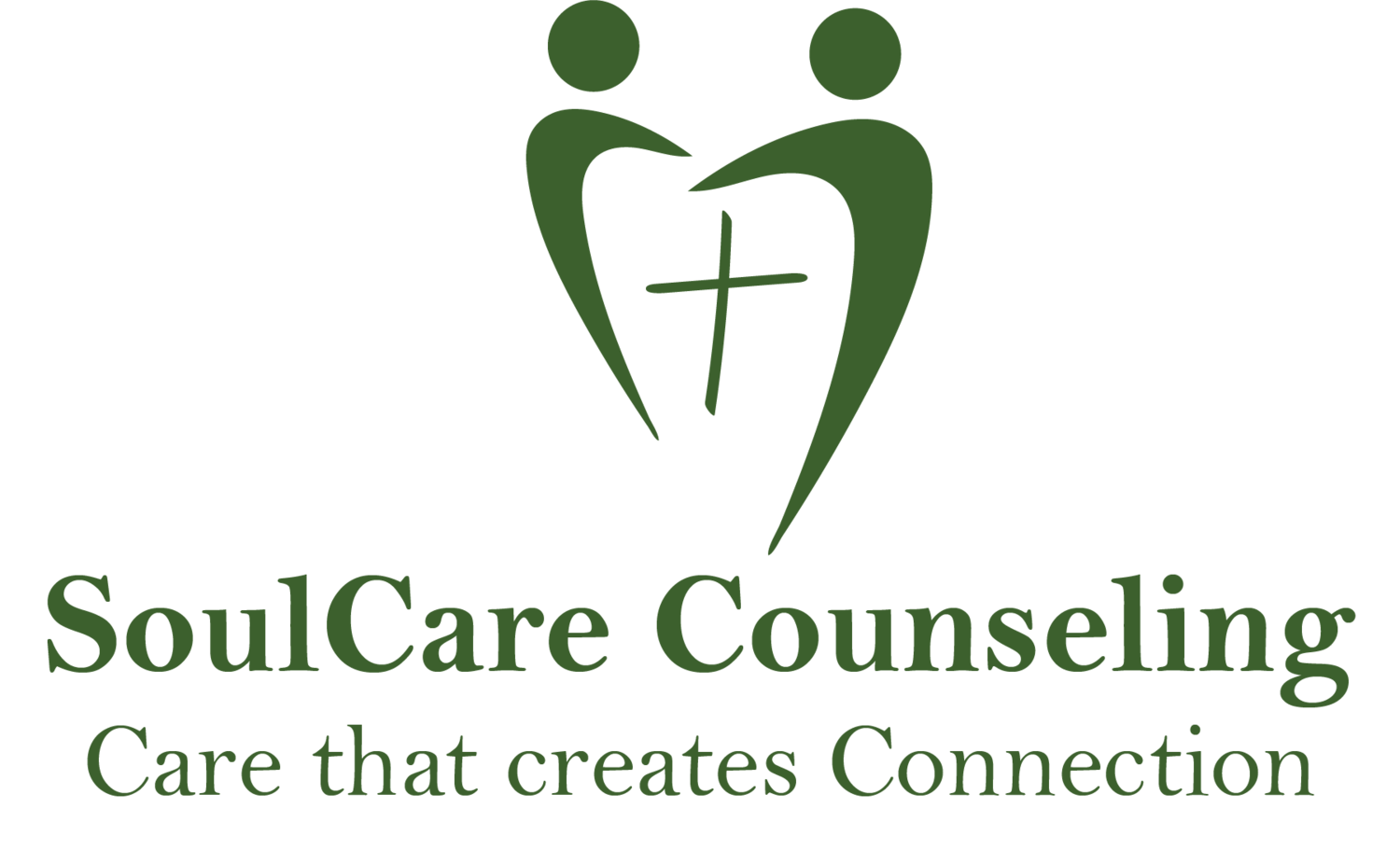How To Apologize
In the classic sitcom “Seinfeld,” there’s an episode called “The Betrayal” where Jerry betrays his friend George and repeatedly says, “I’m sorry” only to be rebuffed with an angry, “You can stuff your sorries in a sack, mister!” The expression means, “Saying, ‘I’m sorry’ is not enough.” And that’s true; it’s not.
But if saying “I’m sorry” isn’t enough to fix what goes wrong in our relationships, what can? An apology. A genuine apology brings understanding, creates empathy, and creates the condition where we can repair and reconnect emotionally.
How To Apologize: Know What An Apology Is
Learning how to apologize begins with something as basic is understanding what an apology is. “Apology” comes from the Greek word apologos, which literally means “a word away from (oneself).” It meant, “to give an accounting.” It’s more than saying that you regret what happened or that you feel sorrow, but an apology is a full accounting that acknowledges the pain and hurt the partner feels and addresses the issues and needs at the heart of the conflict. While it’s easier to just say “I’m sorry,” a real apology has the power to strengthen your connection and deepen your understanding in a way that those two words never could.
How To Apologize: Avoid Apologies That Make Things Worse
Maybe you’ve had the experience of trying to apologize and it only made things worse. That can happen when you don’t know how to apologize the right way. Apologies fail when…
The apology is meant to get your partner to forget what happened and move on without dealing with his or her wounded feelings.
The apology is spoken only to mitigate your partner’s anger or hurt.
The apology is not sincere or given by rote and the underlying issues are ignored.
The apology is a justification to vindicate your actions rather than an owning of your part in the hurt.
The apology minimizes the feelings of your partner or fails to see your partners feelings as valid.
The apology includes words like these: “I don’t get why this is such a big deal,” “You shouldn’t get so emotional about this,” “I didn’t mean it,” or “I can’t do anything right; I’m an idiot (manipulating your partner to now come to your aid and help poor, pitiful you).”
How To Apologize: Apologize To Rebuild Connection
Understand that everyone is wired for connection. More than anything, we long to be accepted and valued in relationships, especially in our primary relationship. We need a safe and secure harbor where we know our feelings matter and our need for connection, trust, and acceptance is valued by our partner and that he or she is on our side. When something happens to wound or rupture the safety and security of our bond, we need to know that our partner will do whatever it takes to repair it with a genuine apology. When they do, it makes things better and actually draws us closer.
So, you need to learn how to apologize in a way that rebuilds connection. In Emotionally Focused Therapy, there are well-researched and proven steps for apologizing to your partner. There are five parts of an effective apology:
1) Let your partner speak freely about what happened and the emotions it triggered. This can be hard because you have to stay calm, not become defensive, and let him or her talk without interruption.
2) Calmly and objectively discuss the event, genuinely seeking to understand how it impacted your partner and what it was like for them, even if it didn’t feel the same to you.
3) When your partner can talk about his or her hurt and know that you really “get it,” the door opens for him or her to speak more deeply of the hurt, and often part of the hurt is tied to the importance of his or her bond with you and how that was threatened or injured.
4) As you begin to sense and maybe feel your partner’s pain, you will connect with his or her concerns and feelings about what happened so that you take responsibility for it and express genuine sorrow and regret with real empathy.
5) Your partner now accepts your comfort and reassurance because he or she knows that you really do understand how and why the event hurt them. At this point, the wound is repaired and you are reconnecting in a way that is very powerful. No “I’m sorry” could ever achieve this.
Often, getting through these steps is more than many couples can do without help. That is what professional counselors trained in Emotionally Focused Therapy are here for. I urge you to read about couples therapy and then reach out for help. We can schedule a free thirty-minute consultation to answer any questions you have and get you started in Emotionally Focused Couple Therapy.
Kelly Heard is a Licensed Marriage and Family Therapist - Associate under the supervision of Shaun Burrow, Ph.D., LMFT - Supervisor and LPC - Supervisor. She holds a Master’s Degree in Marriage and Family Therapy and is a member of the American Association for Marriage and Family Therapy.




